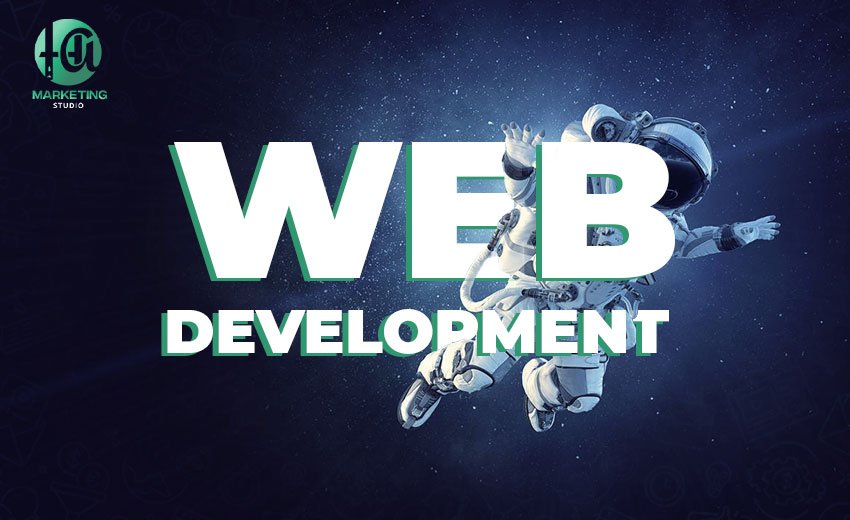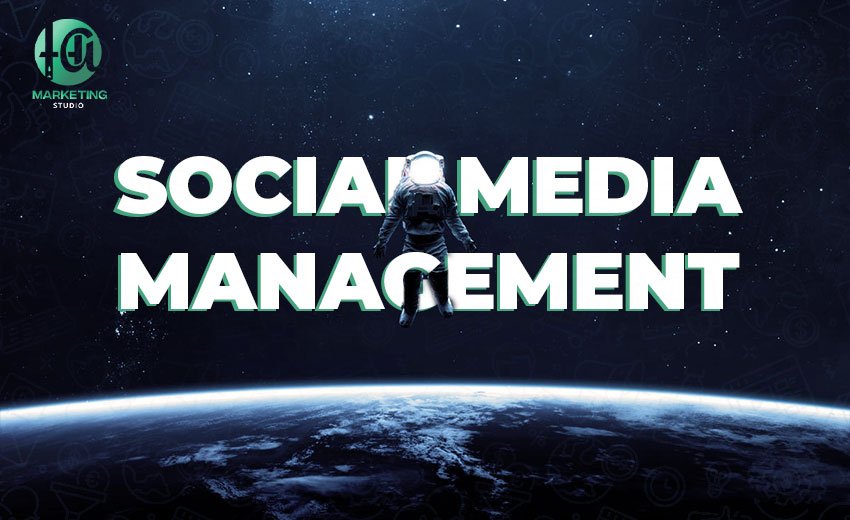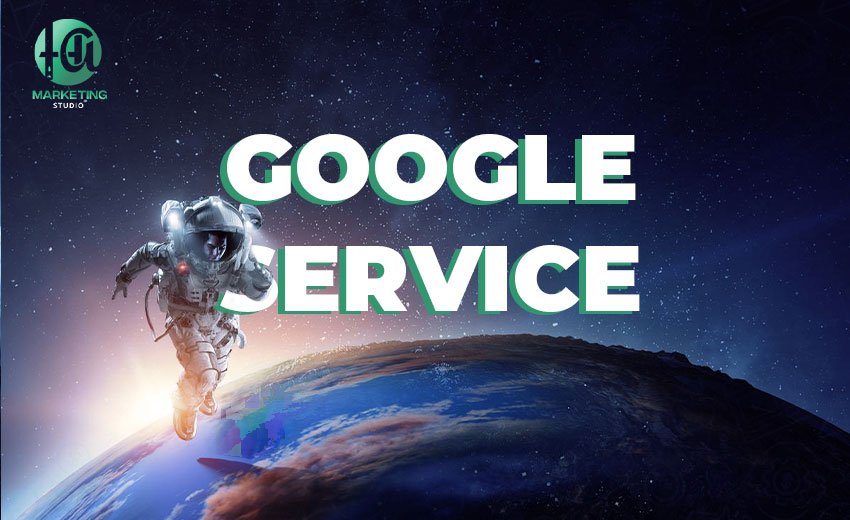SEM is an abbreviation for Search Engine Marketing, which means search engine marketing. It is a form of online marketing that involves promoting websites by increasing their visibility on search engine results pages (SERPs).
-SEM usually includes two main aspects:
-PPC (Pay-Per-Click):
Where advertisers pay to get a click on their ads. These ads usually appear at the top of search results or in dedicated sections.
-SEO (Search Engine Optimization):
It is improving the site or content to increase the site’s visibility in natural (non-paid) search results. It is part of the SEM strategy, but it does not include direct payment for clicks.
-Social Search Engine Marketing (SEMS):
It is the use of social media to promote websites.
-Search Engine Email Marketing (SEME):
It is the use of email to promote websites.
-Content Search Engine Marketing (SEMC):
It is the use of written, visual or audio content to promote websites .
SEM strategies aim to increase access to the target audience, increase traffic to the site via paid advertising, and constantly improve keywords and site structure to appear better in search results.
-Benefits of search engine marketing:
SEM can help you with the following:
-Reach a target audience by identifying the keywords that your target audience is searching for, then creating ads or content designed to attract this audience.
-Generate new customers. When your website appears at the top of search results, people are more likely to visit it and learn about your products or services.
– Increase sales:
When people visit your website, they are likely to make a purchase if they are interested in what you offer.
-How to start in search engine marketing?
If you want to get started with search engine marketing, there are some steps you can take:
-Conduct keyword research. What keywords is your target audience searching for? You can use keyword research tools to find keywords that are relevant to your business and meaningful to your target audience.
-Create a search engine marketing plan. Once you know your goals, audience, and keywords, you can create a search engine marketing plan. Your plan should include specific goals and specific actions to achieve those goals.
-Execute your plan. Once you have a search engine marketing plan, it’s time to start implementing it. You can use Google Ads to create paid search engine ads, or you can work on search engine optimization (SEO) for your website.
Monitor your results. It’s important to monitor your results from search engine marketing so you can see what’s working and what’s not. You can use web analytics tools to collect data about the performance of your ads and website.














